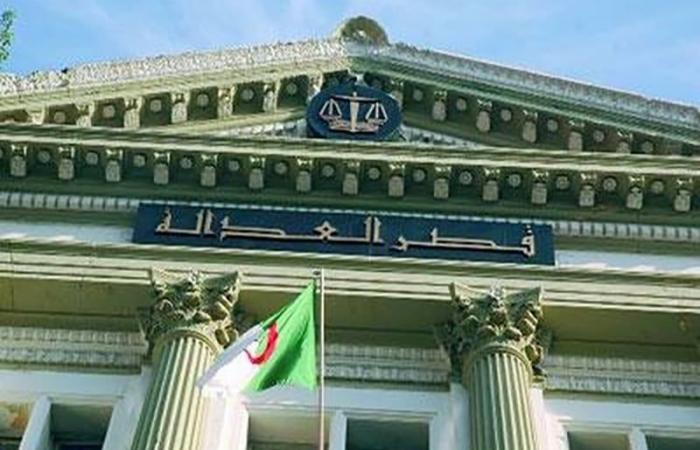In a new chapter of the witch hunt orchestrated by the Algerian regime, three Moroccan tourists now find themselves trapped in grotesque and unfounded accusations. Their crime? Having come to Algeria to visit monuments, take photos and post them on social networks.
But for Algiers, these simple clichés are transformed into an act of supreme treason: a spy plot for the benefit of Morocco. The tragedy of the absurd, in the “kaberane” style, is played out once again.
The accusation of espionage could have been laughable, if it had not been followed by dramatic consequences. The three Moroccans were arrested and accused of plotting to harm state security. They have just been sentenced today to four years in prison by the court of Tlemcen. Their stay, which should have been a parenthesis of cultural discovery, has turned into a judicial nightmare, fueled by growing political hostility between Algeria and Morocco.
And, as if to add a further touch of absurdity, Algerian authorities also claimed that the tourists had entered the territory illegally, although they had arrived on a regular commercial flight from Tunis.
Four years in prison for taking photos
After months of detention, the Algerian authorities finally sentenced the three Moroccan nationals to four years in prison. Their families, plunged into uncertainty, have had little information about their loved ones, who, since their arrest, have not had the opportunity to contact them. A Kafkaesque situation, where the accused seem condemned to an organized oblivion, their families imploring without success a release that does not come.
These Moroccan tourists, who had gone to Tlemcen for a few days of relaxation, saw their stay turn into horror when the local authorities decided that their photos in front of historical monuments constituted a threat to national security.
According to the Tlemcen prosecutor, enthusiastically relayed by state television, this small group was allegedly involved in “activities aimed at undermining state security”. No evidence has of course been put forward, but since when should facts conform to logic?
Tourism is thus becoming a highly risky act in Algeria. Whether you come armed with a camera or a simple smartphone, you are one false step away from being accused of espionage. This is the new normal in a country where the regime’s paranoia turns innocent visitors into dangerous infiltrators.
The message is clear: Algeria is no longer a country where mere curiosity can be tolerated. You must be prepared for the regime, always on the lookout for imaginary culprits, to make you the next victim of its galloping paranoia.
When deterrence borders on delirium
Behind this judicial façade lies a much darker reality: the Algerian regime is using these arrests as an internal propaganda tool, seeking to divert attention from the real challenges it is failing to address. The hunt for “spies” is nothing more than a smokescreen to mask the gaping cracks in a declining power.
Beyond this isolated case, it is an entire generation of young Moroccans who find themselves trapped by Algeria’s repressive migration policies. More and more young people are looking to leave their country for a better future in Europe, often via Algeria. However, once there, they fall into the clutches of a regime that treats them not as migrants in search of El Dorado, but as potential criminals.
Many Moroccan families are desperately waiting for news of their loved ones held in Algerian prisons, cut off from the world, without any possible communication. Some have been trapped by criminal networks specializing in illegal migration, others arrested simply for daring to seek a new life outside Moroccan borders.
Silence of the senile regime of Algiers
Despite repeated appeals from families, associations and humanitarian organizations, the Algerian regime persists in its silence. Requests for the release of detainees remain unheeded, while thousands of young people continue to fall into the net of a repressive system that feeds on the shattered hope of an entire generation.
The fate of these young Moroccans, trapped by an Algerian regime in search of imaginary enemies, is a tragedy that, far from being resolved, is only getting worse. And, while these families mourn in silence, the regime continues to play its paranoid score, convinced that every young man who seeks to flee is a potential enemy of the state.
The Moroccan Association for Aid to Migrants has expressed its concerns about this growing crisis. The situation is all the more alarming as it reflects a worrying trend of arbitrary detention and exploitation of migrants, exacerbated by criminal networks specializing in illegal migration.
Faced with this situation, calls for international intervention have been made. Human rights organizations and migrant support associations are calling for intervention to guarantee the fundamental rights of Moroccan detainees and put an end to this repressive spiral. However, the silence of the Algerian government and the ineffectiveness of diplomatic approaches pose serious challenges for the resolution of this crisis.






